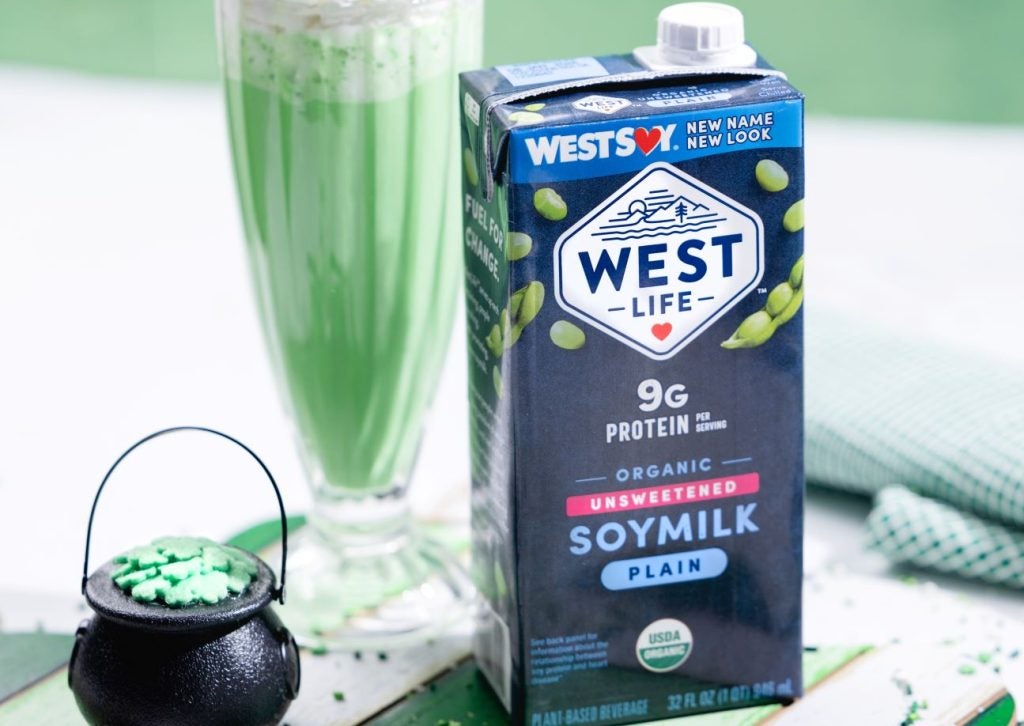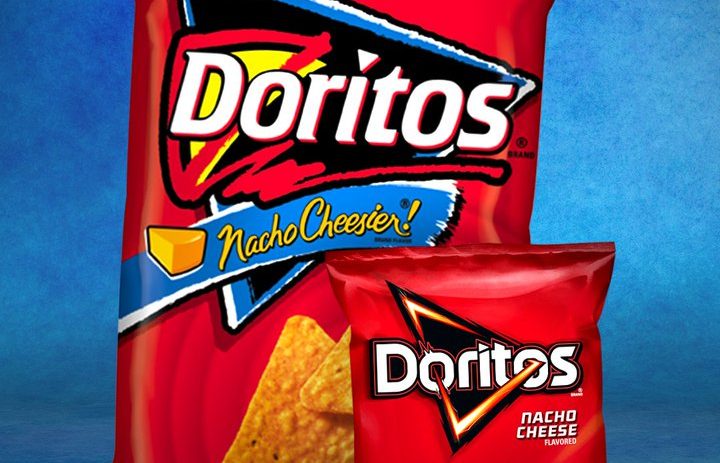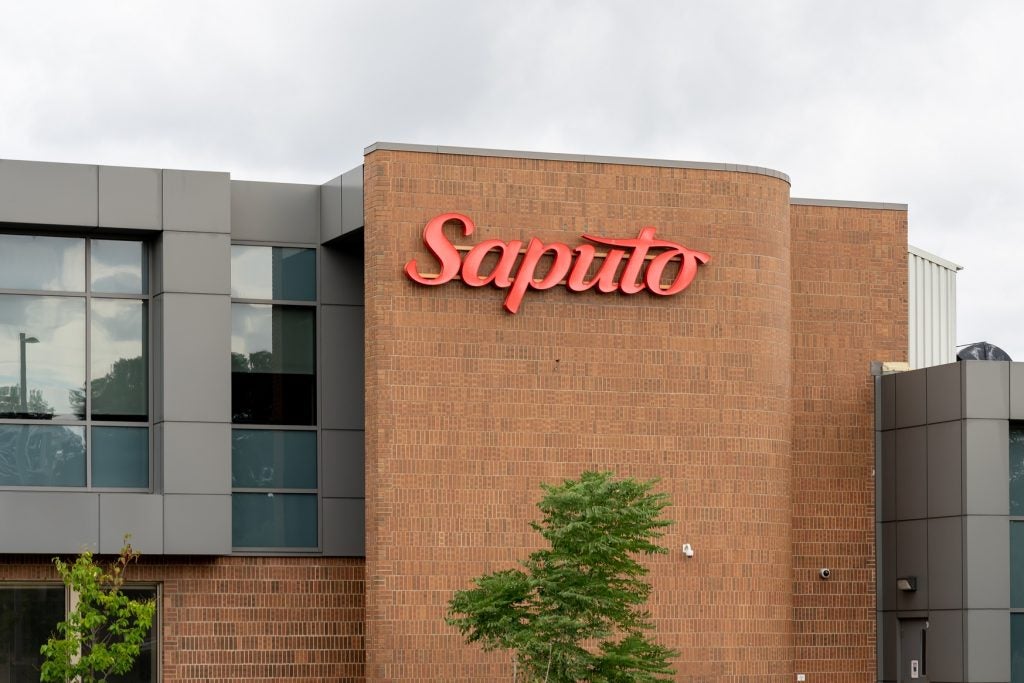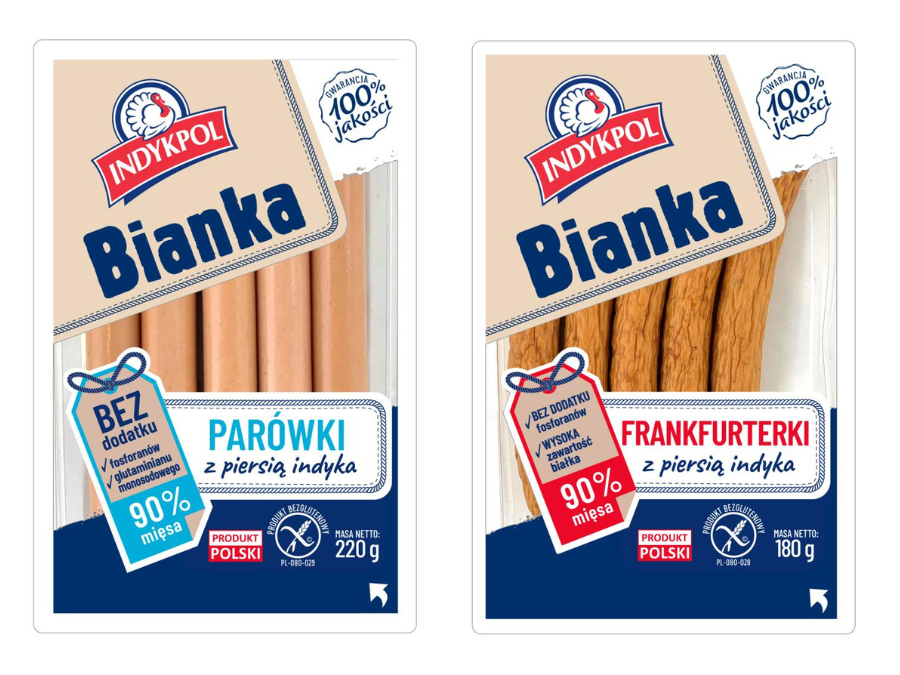There will be a step-up in promotional activity in the US retail market for shelf-stable, plant-based milk next year in a bid to boost sales, SunOpta has said.
Joe Ennen, SunOpta’s CEO, said the US-based group estimated the overall market for shelf-stable alternatives in the country was growing – but that was supported by demand in club stores and in the foodservice sector.
Volumes in “tracked” retail outlets had come under pressure in recent weeks, he told analysts yesterday (8 November) after SunOpta reported its third-quarter results. Looking into next year, Ennen expects that part of the market to see more promotions to entice shoppers.
“We have made an internal estimate of total [plant-based milk] category performance based on all the channels and our aggregated estimate is that the total, shelf-stable, plant-based milk category is up low-single-digits in Q3, driven by foodservice and untracked club stores, despite tracked channel category volume being down,” Ennen explained.
“I think as the collective brand owners have experienced some volume softness in track channels, I would expect that the promotional activity in 2024 will intensify. I think that is a pretty consistent message we’re hearing across all categories in the grocery store as a kind of thematic for 2024 and I would expect that that would play out in our category as well.”
SunOpta makes branded and private-label plant-basked milks. The company is also a co-manufacturer. SunOpta’s brands include Dream, while it also manufactures for retailers such as Walmart and brands like Califia Farms.
The SunOpta chief noted “that many of our customers have forecasted further declines in 2024 as it relates to the SKUs that they sell into the retail channel” but added he has yet to see significant changes to the assortment of products on store shelves.
“We have not seen any kind of material movement from retailers to trim the bottom end of the category at this juncture. But certainly, as resets occur, typically in the middle of the year, call it Q2, Q3, we will certainly be watching out for that,” he said.
Last month, the group sold its frozen-fruit assets to leave it with two principal areas – a combined beverages and broth unit, plus a fruit snacks arm – as well as an ongoing business selling ingredients to customers.
SunOpta’s third quarter revenue from beverages and broth – which comprises packaged plant-based milk, tea, broth and protein drinks – increased 9% to $123m. Volumes were up 6%. Revenue from fruit snacks jumped 16% to $24m. Overall, group revenue from continuing operations increased 5.9% to $152.5m.
On the call with analysts, Ennen said “the foodservice, coffee shop channel is by far the most important driver of volume for SunOpta”. The company estimates that channel “consumes three to four times as much shelf-stable, plant-based milk as all of tracked channel retailers combined”, he added.
Asked to explain why consumption trends might be different in foodservice versus retail, Ennen pointed to changes in shopper behaviour.
“I think in foodservice – and especially in a coffee shop environment – you have a consumer who’s in a very routinised behaviour pattern. They have their favourite drink. They go to the drive-thru or up to the counter and they order their usual,” he said.
“I think when the consumer is in a retail shopping environment, they’re much more budget-conscious because they have a certain amount of dollars for the week for groceries, for themselves or their family and I think they’re much more in a trade-off orientation to try to fill the basket and put food on the table for the week.”
The coffee-shop channel, Ennen added, was benefiting from “more and more people returning to work”, adding “the Starbucks or whatever coffee shop drive-thru continues to be then a popular destination”.
For SunOpta’s ongoing operations in the wake of the frozen-fruit asset disposal, the company is forecasting annual revenue of $614-630m in 2023, which it says amounts to growth of 4-7%. The group predicts its adjusted EBITDA will be $75-77m, some 18-21% higher than in 2022.
In 2024, SunOpta is forecasting another 8-13% rise in revenue to $670-700m and a 14-21% increase in adjusted EBITDA to $87-92m.
“This is our core business forecast and, in addition to this, we have a very strong pipeline of new business development opportunities for the second half of 2024,” Ennen said.
In August, when SunOpta reported its second-quarter results, the company reduced its sales outlook for the year after a disappointing second quarter, noting frozen fruit customer losses, a slower ramp-up of new business and category softness.
Asked yesterday for further details on SunOpta’s 2024 forecasts, Ennen referred to the second-quarter announcement.
“One of the things that we tried to learn for our 2024 guidance was we baked in a certain quantum in 2023 of what we thought was new business. And, as we talked on the Q2 call, just calling the timing and the quantum of those nine months out is very challenging,” Ennen said.
“What you would have heard us share relative to the 2024 numbers is just core business. It’s customers we serve today. It’s SKUs we manufacture today. It is as certain, as certain can get from our vantage point.”
Meanwhile, plant-based dairy group Oatly said today it would stop building two planned new production facilities, one of which was set to be in Texas.















